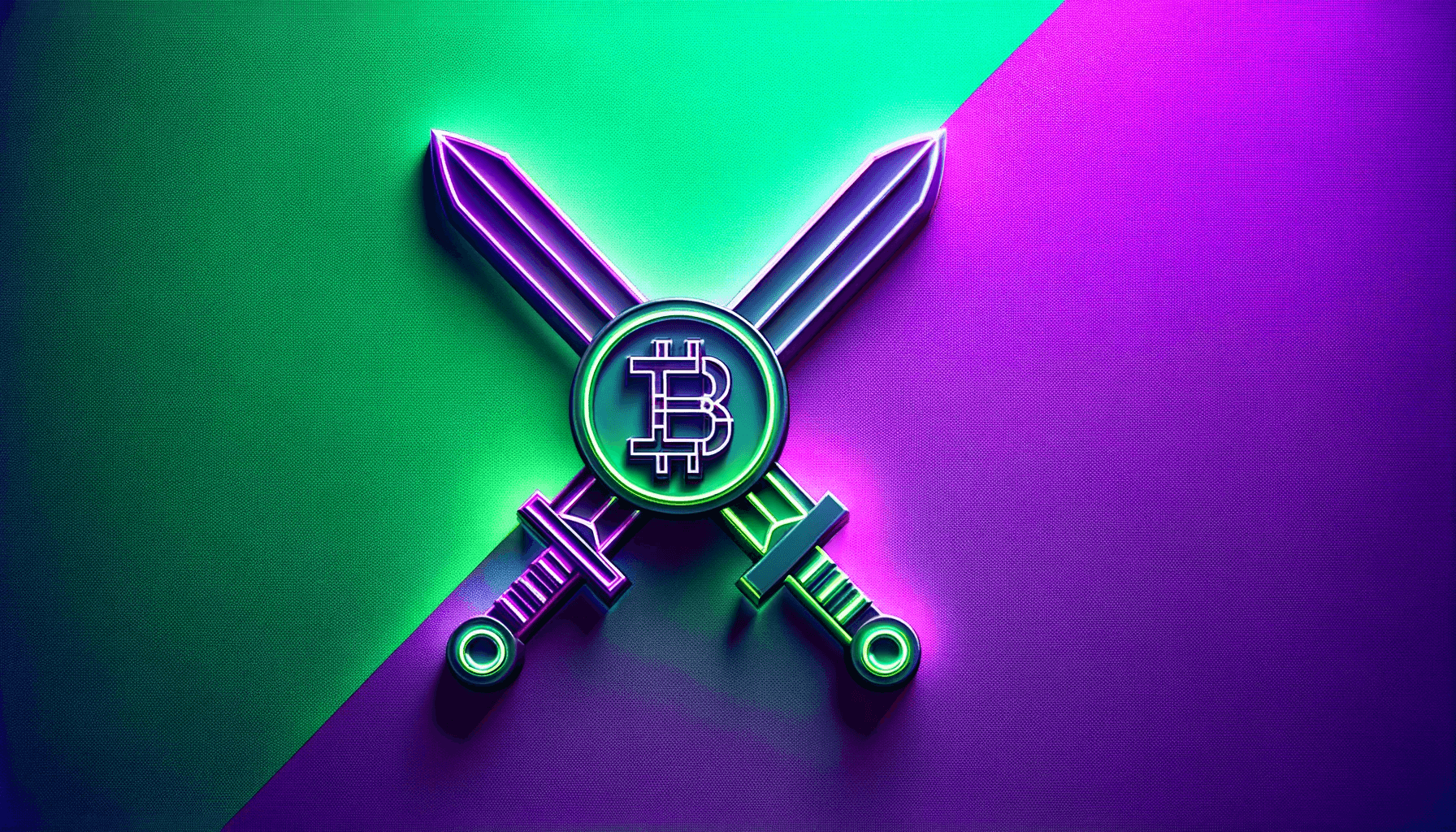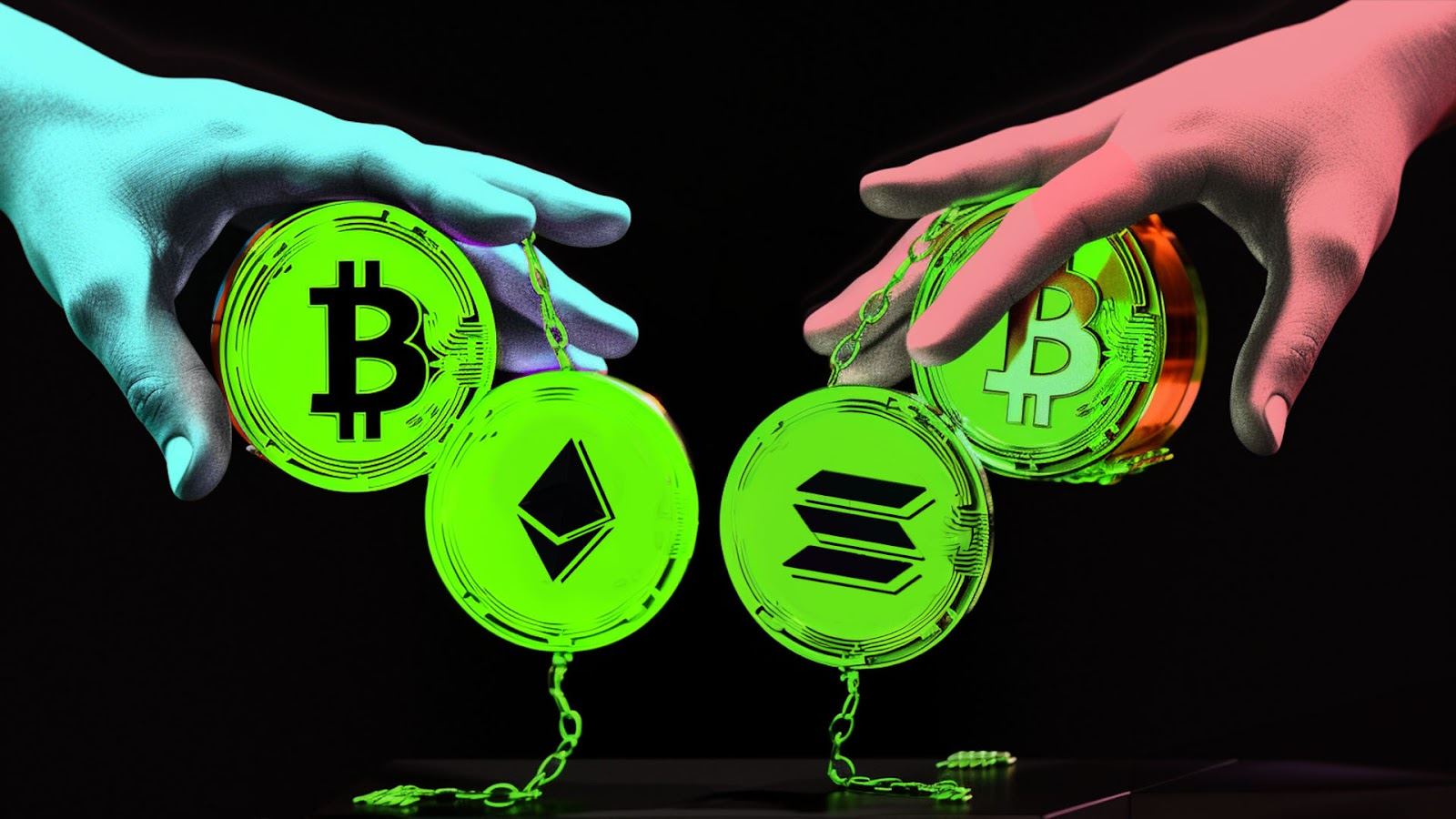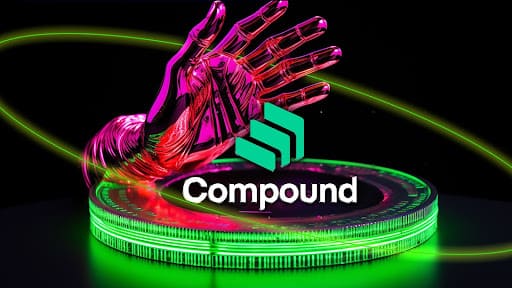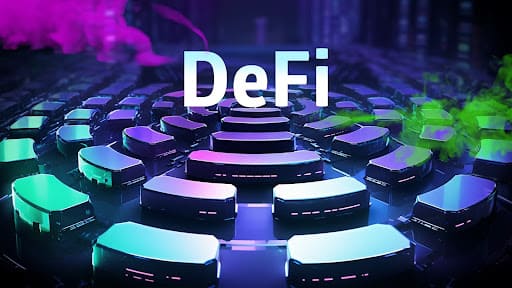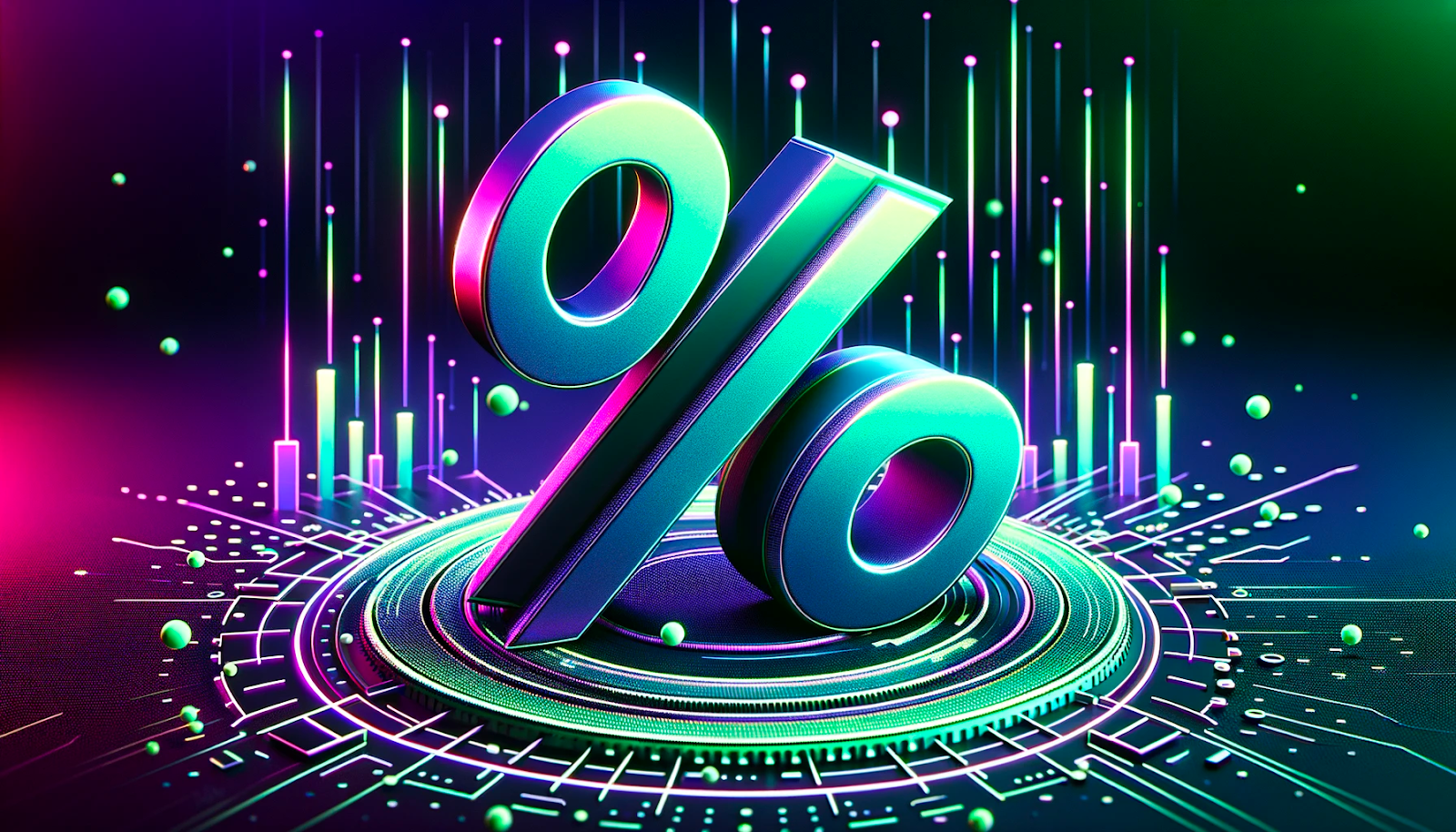
Decentralised Finance (DeFi) staking has become a cornerstone of the cryptocurrency world, offering a new avenue for earning passive income.
DeFi staking involves locking up digital assets in a DeFi protocol to earn rewards or interest. Much like earning interest with normal staking or in a traditional savings account but operating within the decentralised finance ecosystem.
We will delve into the essence of ‘what is DeFi staking’, looking at its mechanics, benefits, risks, and transformative role in the digital finance ecosystem.
What is DeFi Staking?
DeFi staking involves locking up cryptocurrencies or digital assets in a DeFi protocol. When users stake their assets in a DeFi protocol, they are essentially providing liquidity to that platform.
In return for their contribution, they earn rewards, often in the form of additional tokens or interest.
DeFi blends traditional finance principles with the innovative world of blockchain and cryptocurrency, offering a different approach to earning rewards or interest on digital assets.
Traditional staking uses a proof-of-stake (PoS) blockchain protocol, where users lock up their tokens to participate in blockchain validation and governance processes, earning rewards in return.
In traditional finance, saving accounts earn interest over time.
DeFi staking mirrors this, but instead of a bank, a decentralised protocol facilitates the earning of interest or rewards.
DeFi staking operates entirely within the decentralised finance framework, which means traditional financial institutions or intermediaries do not govern it.
They leverage smart contracts on blockchain networks (like Ethereum) to automate the staking process and distribution of rewards.
In DeFi staking, liquidity pools are essential. They are pools of tokens locked in a smart contract, facilitating trading, lending, and other financial activities within a DeFi platform.
Stakers contribute to these pools, providing the necessary liquidity for the platform’s operations and, in return, earn rewards based on the amount staked and the duration of staking.
How DeFi Staking Works
Before we answer ‘what is DeFi staking’ we have to understand how DeFi staking works.
DeFi staking is a key component of the DeFi ecosystem, allowing users to earn rewards by staking their cryptocurrencies.
The specific reward structure in DeFi staking depends on the DeFi protocol’s economic model.
Each protocol has its unique way of generating and distributing rewards to its participants.
The rewards can be a combination of transaction fee sharing, interest payments from borrowers, and distribution of new tokens.
Here’s a breakdown of how it works, highlighting its mechanisms and functionalities:
-
Users lock or stake their cryptocurrencies in a DeFi protocol. These staked assets are then used by the protocol for various functions, such as lending, providing liquidity, or participating in validation processes.
-
Central to DeFi staking are liquidity pools, which are pools of tokens locked in a smart contract. When users contribute to liquidity pools by staking their tokens, they provide the necessary liquidity for the platform’s operations.
-
Users earn rewards for staking their tokens. These rewards can come from transaction fees, interest from lending activities, or additional tokens distributed by the protocol. The rewards earned are typically proportional to the amount staked and the duration of the staking. Longer staking periods often yield higher rewards.
-
Some protocols issue governance tokens to users, which provide voting rights and influence over the protocol's development and decision-making processes.
Advantages and Disadvantages of DeFi Staking
DeFi staking has emerged as a popular method for earning on cryptocurrency holdings.
It offers several benefits but also comes with certain risks that participants should be aware of.
Advantages
-
DeFi staking often offers higher returns compared to traditional savings accounts or other forms of crypto staking, appealing to users seeking better yields on their investments.
-
It provides an opportunity for cryptocurrency holders to generate passive income through staking rewards, making it an attractive option for long-term investors.
-
Stakers play a crucial role in providing liquidity and stability to DeFi platforms. Their contributions are essential for the smooth operation of decentralised applications and services.
-
DeFi staking offers a more inclusive financial system, allowing anyone with an internet connection and a digital wallet to participate, democratising access to financial services.
Disadvantages
-
Staking in DeFi relies heavily on smart contracts, which can be vulnerable to bugs or exploits, potentially leading to significant losses.
-
The value of cryptocurrencies is highly volatile, and this can affect the value of staked assets. Market downturns can lead to reduced rewards or even losses.
-
Some staking protocols require assets to be locked up for a certain period, reducing liquidity and posing risks if the market conditions change unfavourably.
-
The success and reliability of DeFi staking depends on the stability and security of the underlying protocol. Failures or breaches in these protocols can result in significant losses.
Traders should carefully consider these factors and conduct thorough research before engaging in DeFi staking activities.
Choosing a DeFi Platform for Staking and Strategies
Conduct thorough research on various DeFi platforms, evaluating their security, track record, reward mechanisms, and community feedback.
Review the staking terms, including lock-up periods, reward calculations, and withdrawal processes.
Diversifying your staking across different protocols can mitigate risks and optimise rewards.
Keep informed of market trends, protocol updates, and regulatory developments in the DeFi space to make informed staking decisions.
A list of the best DeFi staking providers can be found here.
What is DeFi Staking - Final Thoughts
As DeFi staking continues to evolve, and more people understand ‘what is DeFi staking’, it will mark a notable shift in the landscape of digital finance, presenting both opportunities and challenges for investors and participants.
There are new staking models and yield optimisation strategies emerging regularly, enhancing the way users interact with DeFi platforms and optimising their returns.
The shift to DeFi is significant as it democratises access to financial services, allowing a wider range of individuals to participate in and benefit from the crypto economy.
While DeFi staking opens up new avenues for earning, participants need to understand its complexities and inherent risks. This includes being aware of market volatility, smart contract risks, and liquidity constraints.
DeFi staking’s future is tied to technological advancements, market dynamics, and regulatory frameworks, making it an exciting yet complex area for investors and crypto enthusiasts.
What is DeFi Staking - FAQ
Can anyone participate in DeFi staking?
Yes, DeFi staking is generally accessible to anyone with internet access, a wallet, and a stake-able cryptocurrency. However, it's important to understand the specific requirements and risks involved.
What Is DeFi Staking?
DeFi staking involves locking up cryptocurrencies or digital assets in a DeFi protocol. When users stake their assets in a DeFi protocol, they are essentially providing liquidity to that platform.
In return for their contribution, they earn rewards, often in the form of additional tokens or interest.
Is DeFi staking safe?
While DeFi staking offers many benefits, it also comes with risks, including smart contract vulnerabilities and market volatility. Thorough research and risk assessment are crucial before engaging in staking activities.
Want More Cutting-Edge Crypto News?
Follow Us: X TikTok Instagram Telegram LinkedIn
Sign up to our newsletter at the bottom of the page
Check Out Our Top 10 Crypto Currencies of 2023
This article is intended for educational purposes and is not financial advice.


